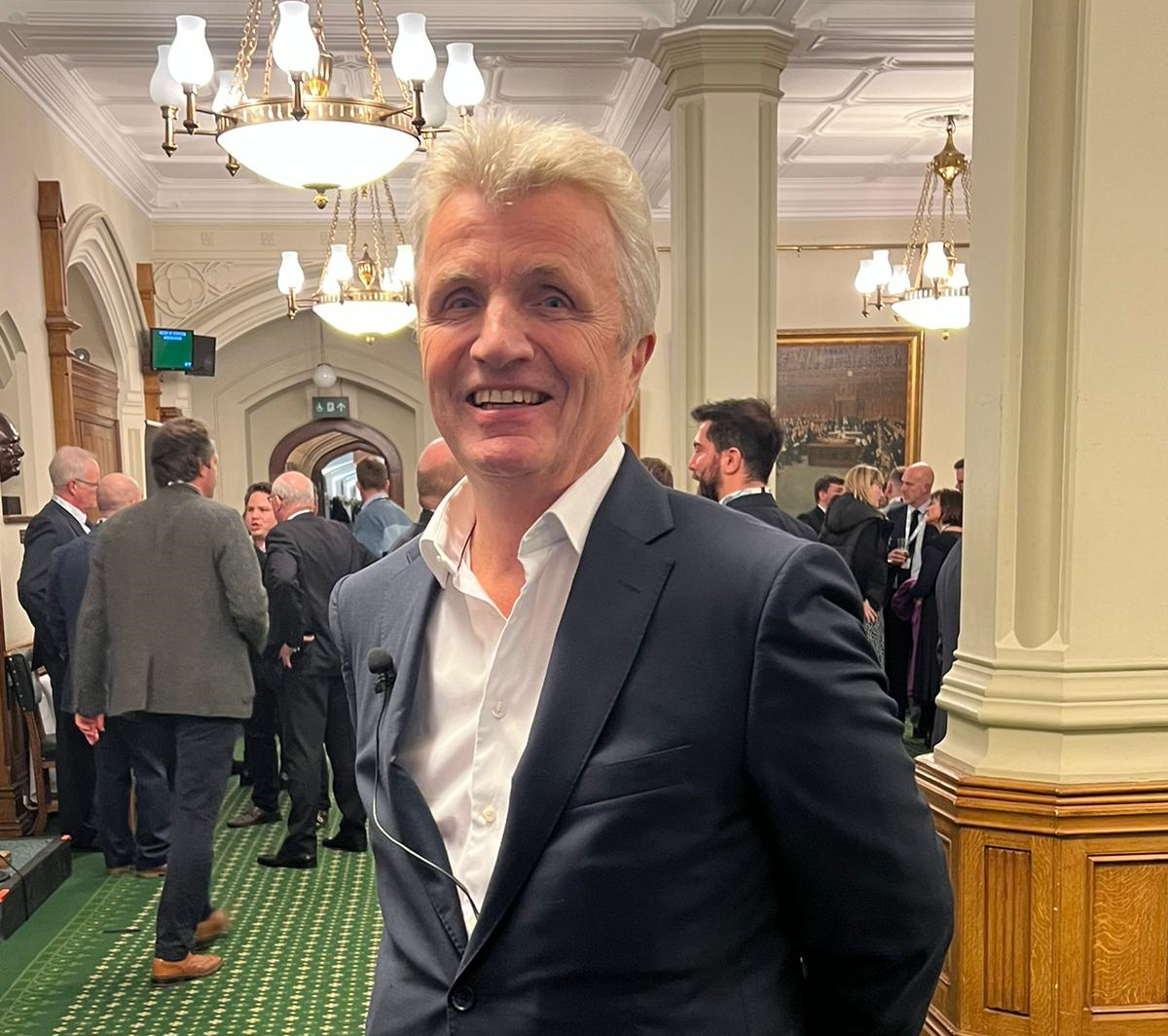
Brexit has undoubtedly changed how UK businesses trade but the underlying benefits of exporting to the EU remain.
That’s the view of Nigel Meeking, managing director at air and road freight firm Norsk Global, who’s seeing businesses starting to re-engage with the EU market.
“We’re now seeing businesses engage more with the EU again,” he says.
“People who had turned off international trade are now asking how can we improve our top line? How can we win these sales back?
“The market is still there. It's the bureaucracy that is causing people to disengage.”
Pandemic and Brexit
He cites the Covid-19 pandemic, as well as Brexit, as having had an impact on a lot of the firm’s customers.
The pandemic had its upsides, with small parcel trade having had a “phenomenal year” due to the e-commerce boom that resulted from lockdowns shutting down the high street retail industry.
However, consumers returned to the streets following the pandemic at around the same time that Brexit came into effect. As a result, businesses suddenly faced new paperwork requirements and surcharges that made trade less viable.
“When consumers switched back to the high street and Brexit happened, that's when I think the worldwide demand for British products changed very rapidly.
“People found themselves having to raise paperwork to get goods into the EU or faced having their goods held up.
“Businesses were hit with surcharges and bureaucracy, and their products all of a sudden became too expensive for the European arena. Consumers started purchasing from EU alternatives because it was quicker and cheaper.”
Supporting trade
Norsk Global is hoping to play its part with Meeking saying the company’s remit is to “support the trade industry in the UK”.
As part of this effort, it will soon be opening a Dutch branch near Amsterdam Airport Schiphol and it views the Netherlands as its “gateway” into the EU.
“We’ve come up with a strategy called Europe Easy, which is our way of saying to clients, let’s make re-engaging with Europe easy.
“We can help customers with their paperwork, by being the importer of record and we’ve got various options in terms of bulk distribution.
“In the Netherlands we’ll hold clients’ goods for free circulation so that once the clearance is completed, the goods are free to move around the EU.
“We’re really excited about it – the interest has been huge.”
Adapting
Meeking also sees that businesses are themselves getting more adept at dealing with the customs and trade processes they’re now facing following Brexit. He sees many customers using digital solutions to improve their supply chain efficiency.
“Companies are getting smarter. Some are using APIs to integrate with their carriers and there's more data validation software available for checking things like commodity codes.
“The whole industry in general is getting smarter at getting things right, first time.”
At a policy level, he’s relieved to see that Rishi Sunak’s government is constructing a “better relationship with the EU”. He hopes government can also do more to make things easier for businesses to trade, saying he is a firm subscriber to the acronym KISS: “Keep It Short and Simple”.
“If you can unwind any process, to make things easier to administer, that is a good thing for trade.
“Whether it’s the digitalisation of trade processes or trade deals, it’s the simplification of trade that is going to make everyone's life easier.
“And the easier trade becomes, the more you can do of it.”
Information needed
On trade deals, Meeking says more information needs to be provided by government on how businesses can benefit.
“Most of these deals, as I understand them, are primarily focused around changes to customs tariffs. Duties are not being levied or are reduced, the bureaucracy is lower and businesses can get into markets quicker.
“But businesses selling goods internationally need more information about how they can access those agreements.
“We hear about possible new deals with India and different US states, but how do businesses access those deals? What difference does it actually make to them?
“I think that’s the sort of help that government, and organisations like the Institute, need to be providing.”
The IOE&IT's role
He adds that the Institute of Export & International Trade’s (IOE&IT) role in the industry is “key” because it holds the knowledge people need and is able to connect companies like his with traders.
If anything, he says the IOE&IT needs to be reaching more people across the UK.
“IOE&IT is very good at connecting people together. It needs to act as the source of information to companies, ensuring this information is simple and understandable.
“My company has apprentices with the Institute and we’ve done lots of your training courses.
“It’s great what you’re doing but I think you need to reach parts of the country you’re not reaching yet.”



